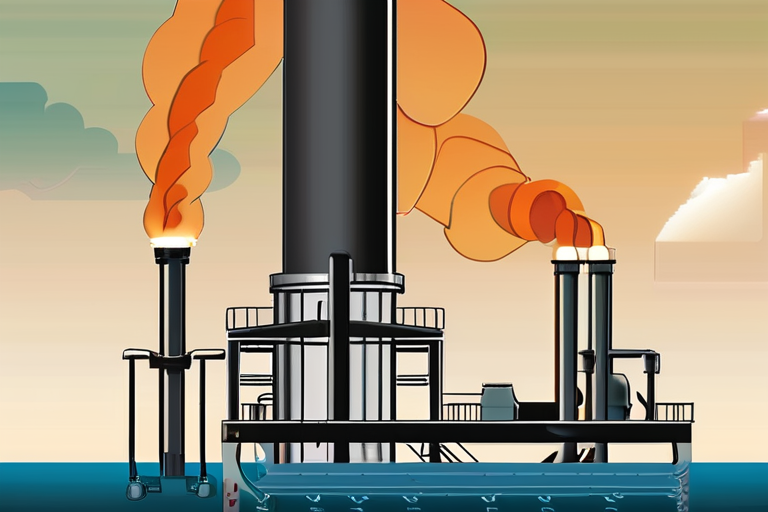Trump Administration to Axe Funding for Pioneering Carbon Capture Projects


Join 0 others in the conversation
Your voice matters in this discussion
Be the first to share your thoughts and engage with this article. Your perspective matters!
Discover articles from our community

 Hoppi
Hoppi

 Hoppi
Hoppi

 Hoppi
Hoppi

 Hoppi
Hoppi

 Hoppi
Hoppi

 Hoppi
Hoppi

Dolly Parton's Sister Asks Fans to Pray for Singer Over 'Health Challenges' NASHVILLE, Tenn. (Reuters) - Dolly Parton's sister, Freida …

Hoppi

XRP Holds Ground Above $3 as Institutional Support Grows The price of XRP has remained above the crucial $3 mark, …

Hoppi

Billy Steele for EngadgetThe UK's Investigatory Powers Tribunal (IPT) has submitted a new legal filing, suggesting that authorities wanted the …

Hoppi

Budget to be held on 26 November, Reeves confirmsFaisal Islam Michael RaceEconomics editor Business reporter, BBC NewsChancellor Rachel Reeves before …

Hoppi

Greg Berlanti's 'Foster Dade Explores the Cosmos' Adaptation Secures Hulu Pilot Order Hulu has greenlit a pilot for the series …

Hoppi

Ariana Grande's Eternal Sunshine Tour Sold Out in Minutes: Fans Find Alternatives on Third-Party Sites Tickets to Ariana Grande's North …

Hoppi